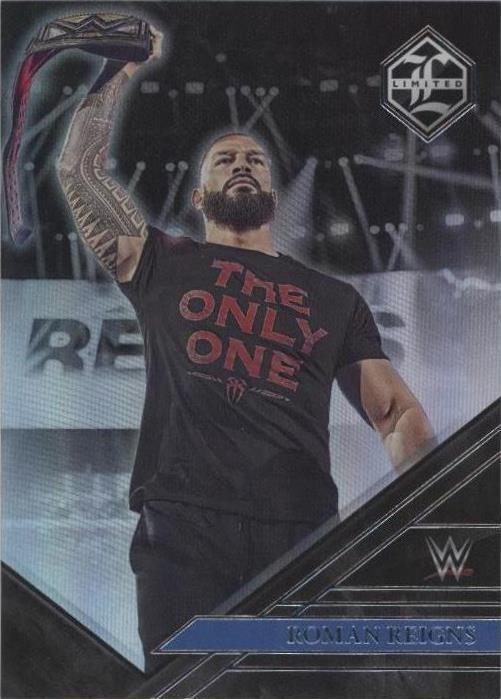
Introduction
World Wrestling Entertainment (WWE) is more than just a professional wrestling organization; it is a significant cultural phenomenon. Established in the early 1980s, WWE has grown into a global brand that entertains millions worldwide. With a mix of athleticism, storytelling, and spectacle, WWE has transcended the boundaries of traditional sports to become a mainstay in entertainment. This article explores WWE’s evolution, noteworthy events, and its impact on popular culture.
The Rise of WWE
WWE began as the World Wide Wrestling Federation (WWWF), founded by Vincent K. McMahon in 1963. It evolved through various name changes and company structures, settling on the abbreviation WWE in 2002. The organization gained fame during the 1980s, with stars like Hulk Hogan becoming household names. The connection between wrestling and entertainment was fortified during this period, establishing the groundwork for future storylines and characters.
Major Events and Milestones
WWE hosts several high-profile events throughout the year, with WrestleMania being the most prestigious. It serves as the company’s flagship event, akin to the Super Bowl of professional wrestling. WrestleMania attracts a global audience and features championship matches, celebrity appearances, and elaborate presentations, emphasizing its role in sports entertainment.
The company also launched additional brands such as NXT and has expanded its influence through partnerships with various media outlets and streaming services. WWE Network, established in 2014, provided fans with access to a vast library of content, further solidifying WWE’s status in the digital sphere.
Pop Culture Impact and Social Issues
WWE’s influence extends beyond the ring, impacting various aspects of popular culture. It has inspired video games, movies, and merchandise, embedding itself in the broader entertainment landscape. Wrestlers like Dwayne “The Rock” Johnson and John Cena have successfully transitioned to Hollywood, representing the crossover appeal of WWE talents.
In recent years, WWE has also showcased its commitment to social issues, championing causes such as anti-bullying campaigns and empowering women’s wrestling. The introduction of the Women’s Evolution has led to more opportunities for female wrestlers to shine, highlighting the organization’s progressive stance on gender equality.
Conclusion
WWE remains an integral player in the world of entertainment, evolving with the changing landscape of media and audience expectations. Its ability to adapt storytelling techniques and embrace diverse talent has allowed it to maintain relevance for decades. As it continues to grow, the organization faces challenges in a competitive entertainment environment, but its legacy as a pioneer in sports entertainment is unquestionable. Fans can anticipate an exciting future as WWE expands its reach and continues to break boundaries in wrestling and beyond.






